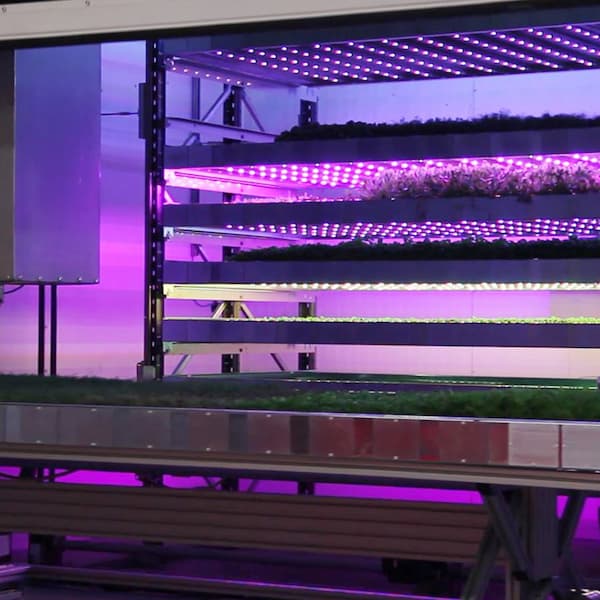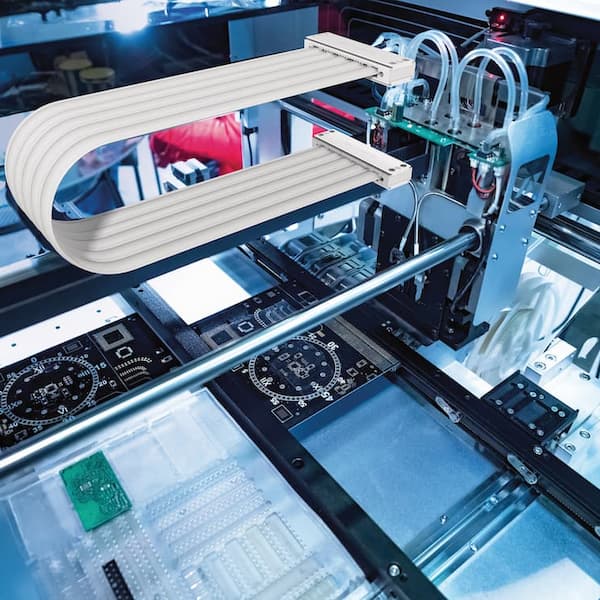What plastics can be recycled?
In today’s world, recycling has become an essential practice for reducing waste and conserving natural resources. When it comes to plastics though, not all are created equal in terms of recyclability. Understanding which plastics can be recycled is crucial for effective waste management and environmental sustainability.
This blog aims to explore the different types of plastics, their recyclability and the wider discussion around recycling.
Understanding Plastic Types
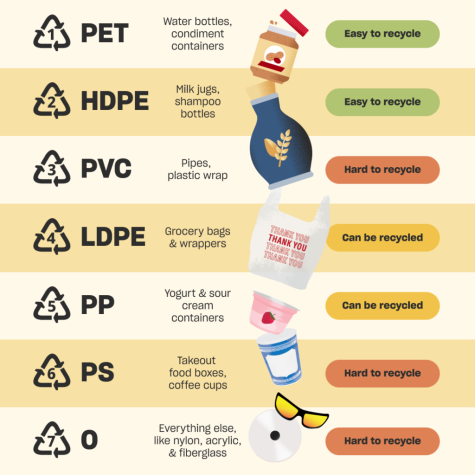
Standard plastics are categorised into seven different types, each identified by a unique recycling code, usually found within a triangular symbol on the product. These codes help consumers and recyclers identify the type of plastic and its recyclability.
- PET (Polyethylene Terephthalate): Commonly used for bottles and food containers.
- HDPE (High-Density Polyethylene): Found in milk and detergent bottles.
- PVC (Polyvinyl Chloride): Used in pipes and some packaging. Less commonly recycled due to harmful additives.
- LDPE (Low-Density Polyethylene): Includes grocery bags and some wraps. Not commonly accepted in curb side programs but can be recycled at specific collection points.
- PP (Polypropylene): Yoghurt containers and bottle caps. Increasingly accepted by recycling programs.
- PS (Polystyrene): Used for disposable coffee cups and food boxes but difficult to recycle and often not accepted.
Challenges in Plastic Recycling
Everyone reading this blog will have come across at least one of these plastics in the last few days. Generally these are single use items, and it is unlikely we always know off the top of our heads whether we can recycle them or not.
For many, the default response to uncertainty about recycling is to dispose of things in the non-recyclable bin, even if it could have been recycled! In 2025, few people have the time to research what materials are recyclable when taking out the bins and opt for a ‘waste bin fits all’ approach.
Many environmentally focused organisations frequently use complex strategies that include infographics and lengthy videos outlining various materials and their proper disposal methods. However, this approach can often lead to resistance from their intended audience, who may lack the time to fully absorb the information presented and understand the implications of their actions.
It’s unlikely that those of us who don’t religiously recycle are looking to harm the planet or accelerate climate change. When life gets busy it’s easy to be complacent with seemingly minor actions like throwing a drinks bottle in the nearest bin at the end of a long day.
According to a report by Greenpeace, as little as 5% of plastics are recycled and of the various contributing factors, human error is certainly not a sole contributor. Economic factors such as the cost of collecting, sorting, and processing plastics can be high, making recycling less economically viable. Also, a lack of infrastructure means not all areas have access to recycling facilities that can handle all types of plastics.
Tips for Effective Plastic Recycling
To maximise the impact of your recycling efforts in future, consider the following tips:
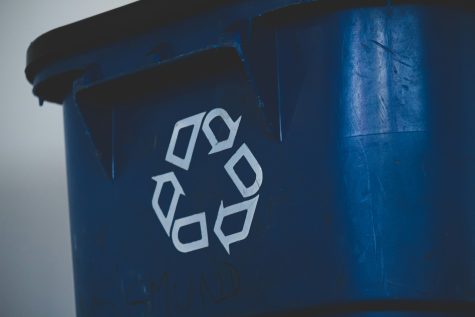
- Check Local Guidelines: Recycling programs vary by location. Always check your local guidelines to understand what types of plastics are accepted.
- Clean and Dry: Although it can be time-consuming, try to ensure that all plastics are clean and dry before placing them in the recycling bin.
- Reduce and Reuse: The best way to manage plastic waste is to reduce your use of single-use plastics and find ways to reuse items whenever possible.
Even if you feel there is no direct return for taking time to ensure you are recycling properly, the benefit to future generations is huge. If everyone adopted the mindset to be just 1% better at committing to sustainable practices, think of the difference that would make!
Practicing what we preach at igus®
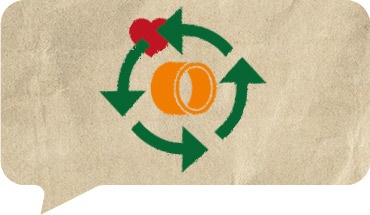
igus® are committed to providing sustainable solutions as well as following green initiatives internally like the walk to work scheme. All igus products are lubrication and maintenance-free, meaning no external lubricants are used that may contaminate the environment all while providing huge cost savings on lubrication.
Our polymer products are designed to be recyclable to contribute to a circular economy, with some products able to be recycled and redesigned. For example, we have bearings made using 97% regranulate called iglidur® ECO and we also offer the choice to return your used energy chains for recycling as part of our chainge program!
Find out more about our sustainable practices.

